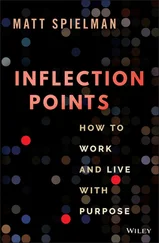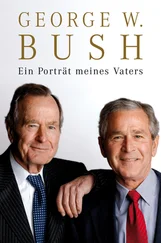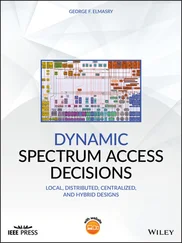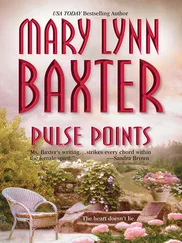After the meeting, I walked around the Roosevelt Room and thanked everyone. I told them how grateful I was for their hard work, and how fortunate America was that they had chosen to serve. In the presidency, as in life, you have to play the hand you’re dealt. This wasn’t the hand any of us had hoped for, but we were damn sure going to play it as best we could.

Hank and his team at Treasury pitched Congress hard on the financial rescue package. We proposed an appropriation of $700 billion—about 5 percent of the mortgage market, which we thought would be big enough to make a difference. Many legislators recognized the need for a large and decisive measure, but that didn’t diminish their shock or anger. Democrats complained that the executive branch was seizing too much authority. One Republican senator said our plan would “take away the free market and institute socialism in America.”
In some ways, I sympathized with the critics. The last thing I wanted to do was bail out Wall Street. As I told Josh Bolten, “My friends back home in Midland are going to ask what happened to the free-market guy they knew. They’re going to wonder why we’re spending their money to save the firms that created the crisis in the first place.”
I wished there were some way to hold individual firms to account while sparing the rest of the country. But every economist I trusted told me that was impossible. The well-being of Main Street was directly linked to the fate of Wall Street.
If credit markets remained frozen, the heaviest burdens would fall on American families: steep drops in the value of retirement accounts, massive job losses, and further falling home values. On September 24, I gave a primetime address to the nation to explain the need for the rescue package. “I [understand] the frustration of responsible Americans who pay their mortgages on time, file their tax returns every April 15, and are reluctant to pay the cost of excesses on Wall Street,” I said. “But given the situation we are facing, not passing a bill now would cost these Americans much more later.”
A few hours before I went on the air to deliver the speech, my personal aide, Jared Weinstein, told me John McCain needed to speak to me immediately. I asked John how he was feeling about the campaign, but he went directly to the reason for his call. He wanted me to convene a White House meeting on the rescue package.
“Give me some time to talk to Hank,” I said. I wanted to make sure a White House meeting wouldn’t undermine my treasury secretary’s efforts to structure a deal with Congress. John said he was going to issue a statement. Minutes later, he was on TV. He called for the meeting and announced he was suspending his campaign to work full-time on the legislation.
I knew John was in a tough position. He was trailing in the polls to Senator Barack Obama of Illinois, who had stunned Hillary Clinton in the Democratic primaries. No question the economic trouble was hurting John. Our party controlled the White House, so we were the natural target of the finger-pointing. Yet I thought the financial crisis gave John his best chance to mount a comeback. In periods of crisis, voters value experience and judgment over youth and charisma. By handling the challenge in a statesmanlike way, John could make the case that he was the better candidate for the times.
I walked over to the Oval Office, where Josh Bolten was waiting with his deputy, Joel Kaplan, and Counselor Ed Gillespie. Nobody was keen on the idea of the meeting. Josh said Hank opposed it. But how could I say no to John’s request? I could see the headlines: “Even Bush Thinks McCain’s Idea Is a Bad One.”
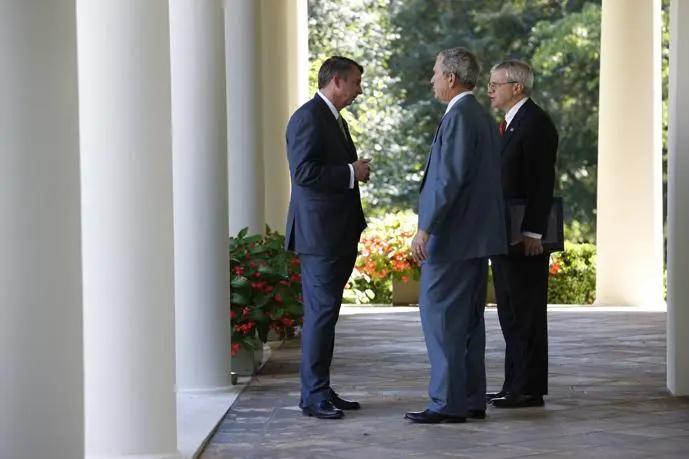
Conferring with Ed Gillespie ( left ) and Josh Bolten, two trusted aides and good friends, in the trying final months of the administration. White House/Eric Draper
We notified Speaker Nancy Pelosi and Senate Majority Leader Harry Reid that the meeting would take place the next afternoon, Thursday, September 25. I called Senator Obama and told him I appreciated his interrupting his campaign schedule. “Anytime the president calls, I will take it,” he said graciously. I extended the invitation to the meeting and made clear it was not a political trap. He agreed to attend.
At around 3:30 p.m. the next day, the participants began to arrive. Although I did not venture to the narrow parking strip between the White House and the Eisenhower Executive Office Building, I was told it looked like an SUV convention. Before the meeting started, I had a quick discussion with Senate Minority Leader Mitch McConnell and House Minority Leader John Boehner. We spent most of our time talking about how tough it would be to structure a deal that could garner Republican votes in the House. I told them it would be a disaster if Republicans killed the TARP bill and the economy collapsed.
Just before I sat down in the Cabinet Room, I had a moment with Speaker Pelosi. I told her I planned to call on her after Hank and I had made our opening remarks. She clearly suspected that my motive was to sabotage the Democrats. Like a volcano ready to erupt, she said, “Barack Obama will be our spokesman.”
I took my seat at the center of the large wooden table Richard Nixon had donated to the White House. Hank Paulson, Dick Cheney, Josh Bolten, and I represented the administration. The party leaders and key committee chairmen represented Congress. Presidential candidates McCain and Obama took their seats at opposite ends of the table. Members of our staffs were sardined into the room. Nobody wanted to miss the marquee event in Washington’s political theater.
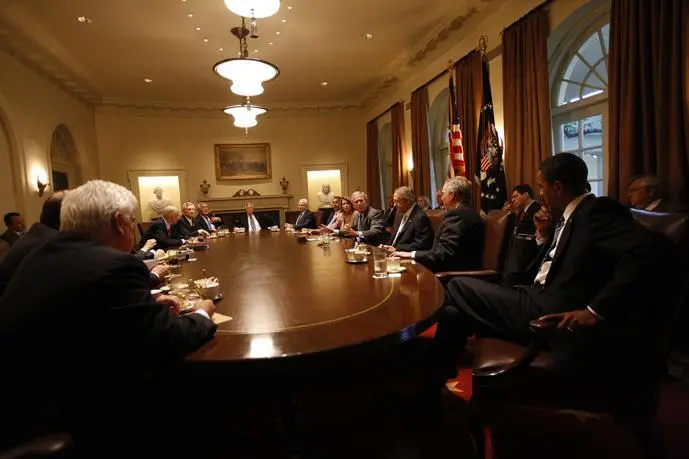
The emergency Cabinet Room meeting about the rescue package. White House/Eric Draper
I opened the meeting by stressing the urgency of passing legislation as soon as possible. The world was watching to see if America would act, and both parties had to rise to the challenge. Hank gave an update on the volatile markets and echoed my call for speedy passage.
I turned to the speaker. True to her word, she deferred to Senator Obama. He had a calm demeanor and spoke about the broad outlines of the package. I thought it was smart when he informed the gathering that he was in constant contact with Hank. His purpose was to show that he was aware, in touch, and prepared to help get a bill passed.
When Obama finished, I turned to John McCain. He passed. I was puzzled. He had called for this meeting. I assumed he would come prepared to outline a way to get the bill passed.
What had started as a drama quickly descended into a farce. Tempers flared. Voices were raised. Some barbs were thrown. I was watching a verbal food fight, which would have been comical except that the stakes were so high.
Toward the end of the meeting, John did speak. He talked in general terms about the difficulty of the vote for Republican members and his hope that we could reach a consensus.
After everyone had their chance to vent, I decided there was nothing more we could accomplish. I asked the candidates not to use the White House as a backdrop to issue political statements. I asked the members of Congress to remember we needed to show a united front to avoid spooking the markets. Then I stood up and left.

Early in the afternoon of Monday, September 29, the House of Representatives held a vote on the financial rescue bill. The previous two days, our fifth weekend in a row spent dealing with the financial crisis, had been packed with negotiations. Hank and his Treasury staff—joined by Dan Meyer, my cool-headed legislative affairs chief, and Keith Hennessey, my tireless National Economic Council director—had shuttled back and forth to Capitol Hill, working to resolve the remaining issues on TARP. Late Saturday night, Speaker Pelosi and John Boehner told me they had the outlines of a deal. On Monday morning, I stepped onto the South Lawn to congratulate Congress and urge the agreement’s quick passage.
Читать дальше









